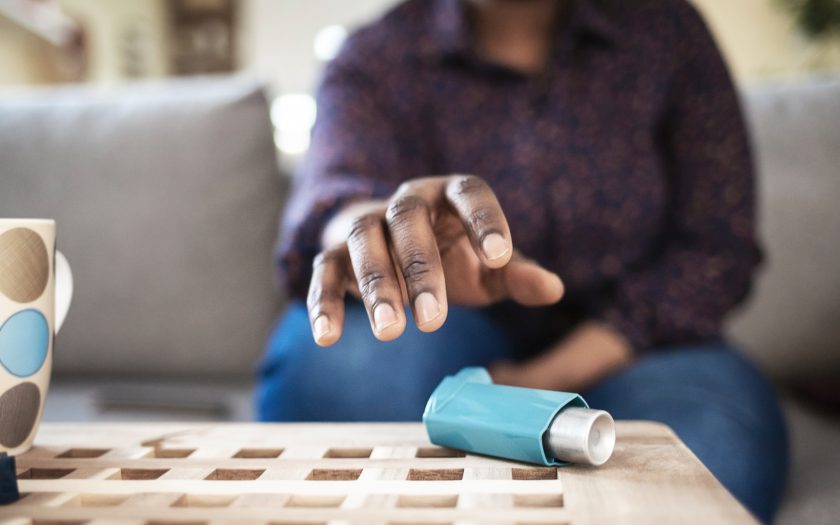Halotherapy or speleotherapy.
The microclimate of a salt room, closely resembling conditions in natural salt caves that is practically free of allergens and pollutants, contains high level of salt ions. Such air is beneficial for patients with respiratory diseases. But, visiting a salt room is contraindicated for patients with acute bronchitis or exacerbation of bronchial asthma.
For visiting a salt room you need a referral which is usually prescribed by a therapist or pediatrician. It may also be recommended by other specialist, such as allergist. A doctor’s consultation is necessary to ensure the presence of indications and absence of contraindications. Only in such case visiting a salt room will be maximally effective and safe for the patient.
Aromatherapy.
Asthma can manifest differently depending on its type and severity, so it is essential to consult a doctor before aromatherapy. After receiving approval from a doctor, choose essential oils that you like (eucalyptus, frankincense, peppermint, lemon, chamomile, and cypress). The choice of essential oil for asthma treatment depends on many factors, including the presence of infection and whether asthma is allergy-related or influenced by emotional factors.
For respiratory diseases, it is recommended to pay attention to aromatherapy diffusers with air ionization function. Ionization helps to purify the air from bacteria and dust particles by attracting them to the floor where they settle down and do not grow. An ionizer reduces the content of harmful dust and allergens in the air several times. If there are contraindications to using oils, use a diffuser solely for humidification and ionization.
Aerotherapy.
The therapeutic effect of aerotherapy lies in increasing oxygen level in the blood, activization of skin breathing and increasing the sensitivity.
Open-air environments are enriched with ozone, air ions and terpenes that enhance oxygen oxidation capacity. Aerotherapy contributes to strengthening the immune system, normalization of metabolism, improving appetite and sleep, and increasing overall body tone.
Despite its simplicity, treatment should be supervised by a qualified medical professional. It is important to consider cold exposure and avoid getting cold. Cold air baths, at the beginning of the course, should not exceed 10 minutes, gradually increasing the duration as acclimatization progresses.
Intensive outdoor activities should be combined with therapeutic massages and relaxation in well-ventilated warm rooms. During aerotherapy courses, attention should be given to diet, ensuring it is rich in vitamins, proteins, fresh fruit and vegetables.
Regardless of procedures, it is nessesary to take the drugs to alleviate the condition. They may be tablets (Acto-Pred (Methylprednisolone)) and inhalers (Serevent Inhaler, Ventolin).

